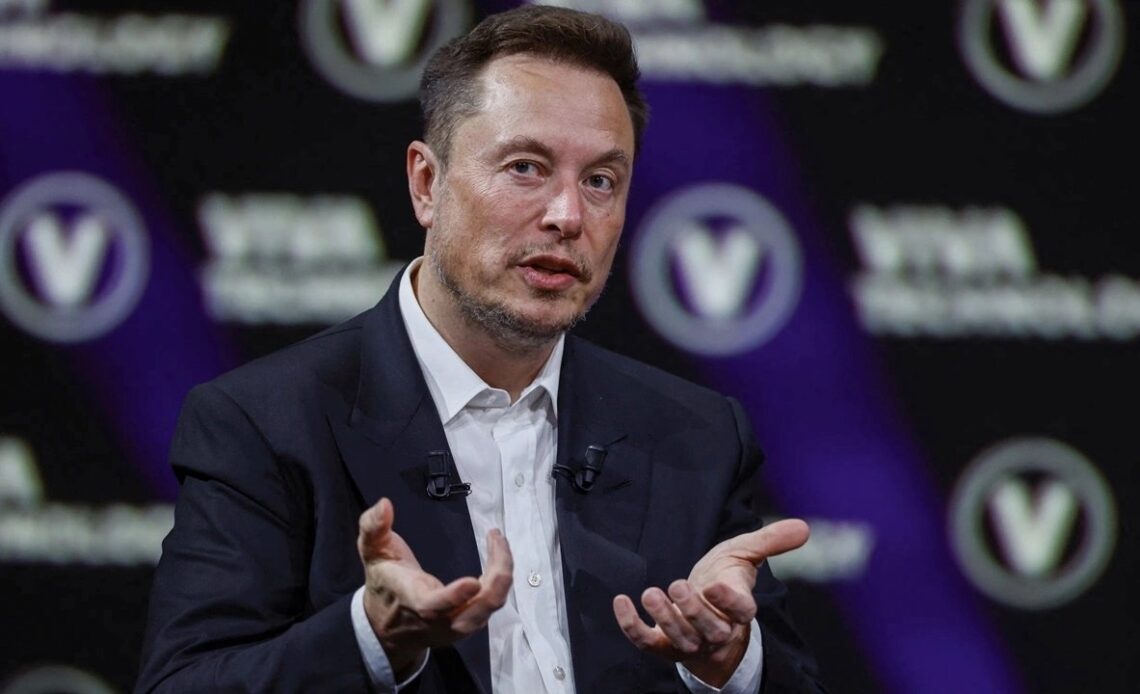In the ever-evolving world of football, mergers between mega-billionaires and top-tier clubs have become increasingly common. However, the recent rumors swirling around the possibility of Elon Musk taking over Liverpool Football Club have taken the sports and business worlds by storm. Musk, one of the richest men in the world and the mastermind behind Tesla, SpaceX, Neuralink, and X (formerly Twitter), could be eyeing a high-profile entrance into the world of European football.
Liverpool FC, one of the most historic and globally respected football clubs in the world, is reportedly on the radar of Musk’s expansive investment ambitions. This potential takeover could reshape the future of Liverpool and redefine the role of tech billionaires in the world of sports.
**A Brief Look at Liverpool’s Glorious Legacy**
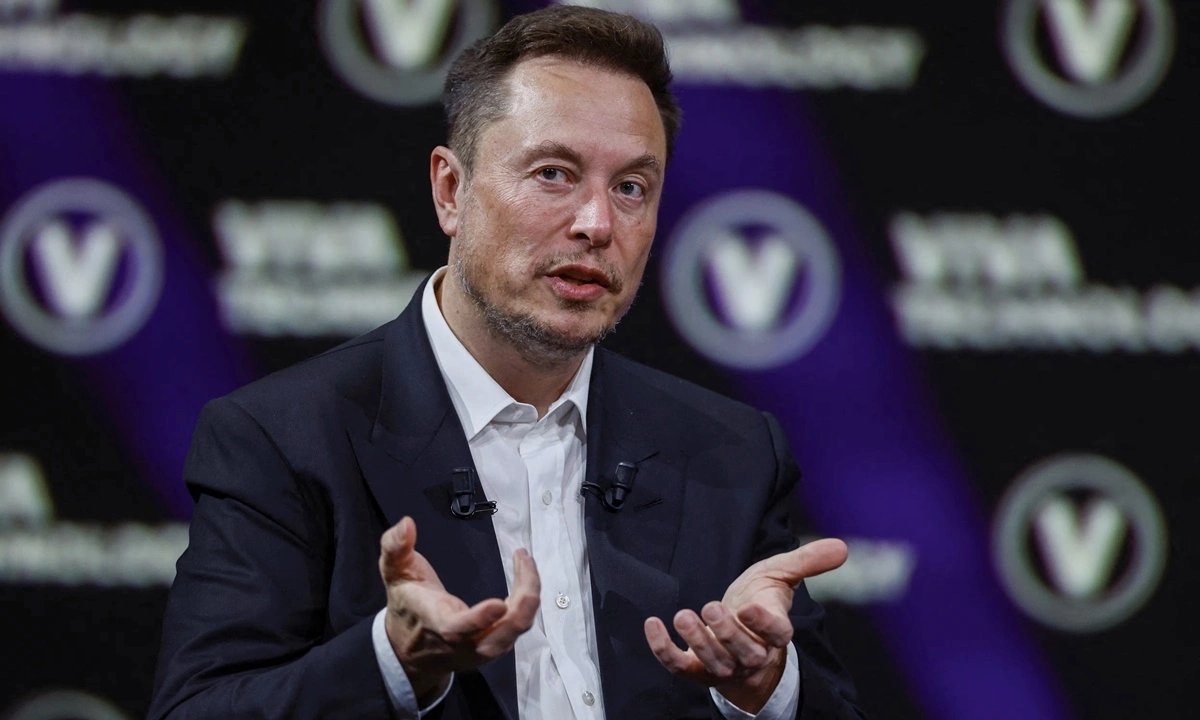
Founded in 1892, Liverpool FC is not just a football club—it is a cultural institution. With 19 English league titles, 6 UEFA Champions League trophies, 3 UEFA Cups, and 7 FA Cups, Liverpool’s cabinet is rich with silverware. Anfield, their legendary home ground, is revered around the world.
Under the ownership of Fenway Sports Group (FSG), Liverpool has experienced both successes and challenges. While they’ve seen significant achievements in the last decade, including the Premier League title in 2020 and Champions League glory in 2019 under Jürgen Klopp, there are growing concerns among fans about FSG’s investment strategy and long-term ambitions.
This is where Elon Musk enters the picture.
**Why Would Elon Musk Be Interested in Liverpool FC?**
Elon Musk is known for making headlines with audacious moves. From launching rockets to colonize Mars to acquiring social media giants, he’s not one to shy away from bold, strategic investments. But why football—and why Liverpool?
1. **Global Brand Appeal**: Liverpool is not just a sports club; it is a global brand with a massive fan base across continents. With over 700 million fans worldwide, investing in Liverpool means investing in a marketing machine.
2. **Premier League Exposure**: The English Premier League is the most-watched sports league globally. A Musk-backed Liverpool would gain unparalleled exposure, merging tech innovation with global football spectacle.
3. **Innovation Potential**: With Musk’s track record of transforming industries, his entrance into football could usher in technological revolutions—advanced analytics, AI-driven training methods, crypto-powered ticketing systems, and even more immersive fan experiences using VR and AR.
4. **Social Influence**: Musk is a cultural icon. Owning a football club, especially one with Liverpool’s stature, would amplify his influence into new demographics and cultural spaces.
**The Financial Picture: Can Musk Afford It?**
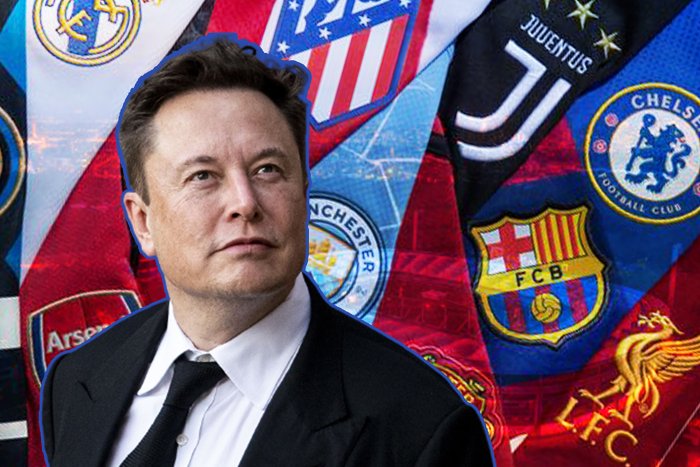
To put it simply—yes. Elon Musk’s net worth is estimated at over $200 billion. Liverpool’s valuation is estimated to be around $4.5 billion. For Musk, this acquisition would be a relatively small investment, akin to a rounding error in his financial empire.
Moreover, given Liverpool’s global brand, the return on investment could be significant in terms of revenue, brand partnerships, media rights, and digital assets. Musk’s potential involvement could skyrocket Liverpool’s commercial value and attract global tech partnerships that would otherwise be impossible.
**What Would a Musk Takeover Mean for Liverpool Fans?**
Fans are understandably cautious when a new owner comes knocking. Loyalty runs deep at Anfield, and supporters care deeply about the club’s culture, values, and community.
Musk’s takeover could lead to:
– **Massive Infrastructure Investment**: New training grounds, stadium enhancements, and state-of-the-art facilities.
– **Advanced Technology Integration**: From AI-based coaching tools to blockchain ticketing and NFTs tied to club history, the possibilities are endless.
– **Global Expansion**: Enhanced marketing, merchandise innovations, and virtual fan experiences could bring the club closer to supporters across the world.
– **A Change in Culture**: While Klopp and his team emphasize unity, humility, and work ethic, Musk’s image of radical innovation and risk-taking may bring cultural shifts. Whether fans embrace this or resist it remains to be seen.
**How Could This Affect the Premier League?**
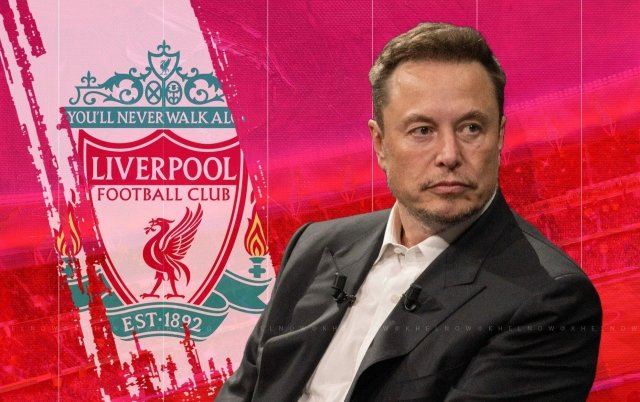
A Musk-led Liverpool would likely trigger a domino effect in the Premier League. Here’s how:
1. **Increased Competition**: Rivals like Manchester City (owned by Abu Dhabi’s royal family) and Chelsea (now under American ownership) could face fierce competition in the tech and investment arenas.
2. **Influx of Billionaires**: Musk’s involvement could open the floodgates for other tech moguls to invest in football clubs, leading to a new era of billionaire-backed super teams.
3. **Tech Transformation of the Game**: The Premier League could become a testbed for advanced technologies—AI refereeing systems, fan-driven decision-making via apps, or real-time tactical insights shared during matches.
4. **Market Imbalance Concerns**: Critics might worry about the sport losing its soul—transforming from community-rooted passion to corporate dominance. Financial fair play rules may come under new scrutiny.
**FSG’s Position: Will They Sell?**
Fenway Sports Group has owned Liverpool since 2010. They’ve overseen a remarkable turnaround—from financial uncertainty to European and domestic glory. But recent reports indicate FSG may be open to a partial or full sale.
If Musk brings a generous offer with long-term vision, FSG may be tempted to cash in. After all, their primary focus is on portfolio management. A high-profile exit from Liverpool could provide them with capital for other ventures, like expanding their stake in American sports.
**What About Jürgen Klopp?**
Liverpool’s beloved manager Jürgen Klopp has a contract until 2026, but he has repeatedly emphasized the importance of culture and values in running the club. How would he react to a potential Musk takeover?
Klopp could either welcome Musk’s resources and innovation or resist the idea if it disrupts the footballing principles he holds dear. Ultimately, Musk’s ability to build trust with Klopp and empower him rather than overshadow him would be key to a smooth transition.
**Potential Risks and Controversies**
While the idea of Elon Musk owning Liverpool is thrilling, it’s not without its risks:
– **Volatility in Leadership**: Musk is known for erratic social media behavior and unorthodox management styles. This could lead to instability.
– **Fan Backlash**: Traditional supporters might resist the commercialization or tech-heavy transformation of the club.
– **Regulatory Hurdles**: The Premier League’s Owners’ and Directors’ Test could scrutinize such a deal carefully, especially in light of recent controversies around club ownerships.
– **Conflict of Interests**: Musk’s various ventures—especially with defense contracts and political controversies—might raise eyebrows in football governance circles.
**What Would the Takeover Look Like?**
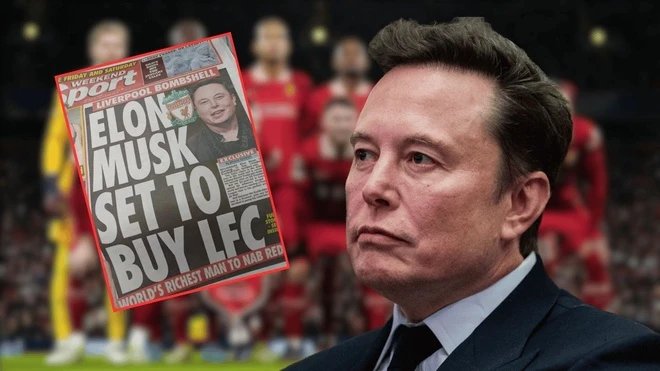
If Musk moves forward, it’s likely that:
1. A strategic consortium would be formed—Musk might not buy the club alone but lead a group of investors.
2. The takeover would be gradual, perhaps beginning with minority stakes.
3. A tech-driven advisory board could be introduced to modernize operations.
4. Communication with fans could increase, possibly with Musk engaging fans directly via social media platforms like X.
**Conclusion: A Revolution in the Making or Just Another Rumor?**
While there is no official confirmation yet, the mere speculation that Elon Musk could take over Liverpool FC has already ignited passionate debate across social media, sports forums, and business circles.
If the deal comes to fruition, it could mark a revolutionary shift in how football clubs are run, blending Silicon Valley mindset with traditional football values. It could bring unprecedented opportunities—but also unpredictable consequences.
One thing is certain: the world is watching.
Whether Musk ultimately buys Liverpool or not, this saga reflects the changing dynamics of modern football—where tradition meets technology, and where club loyalty intersects with corporate ambition.
